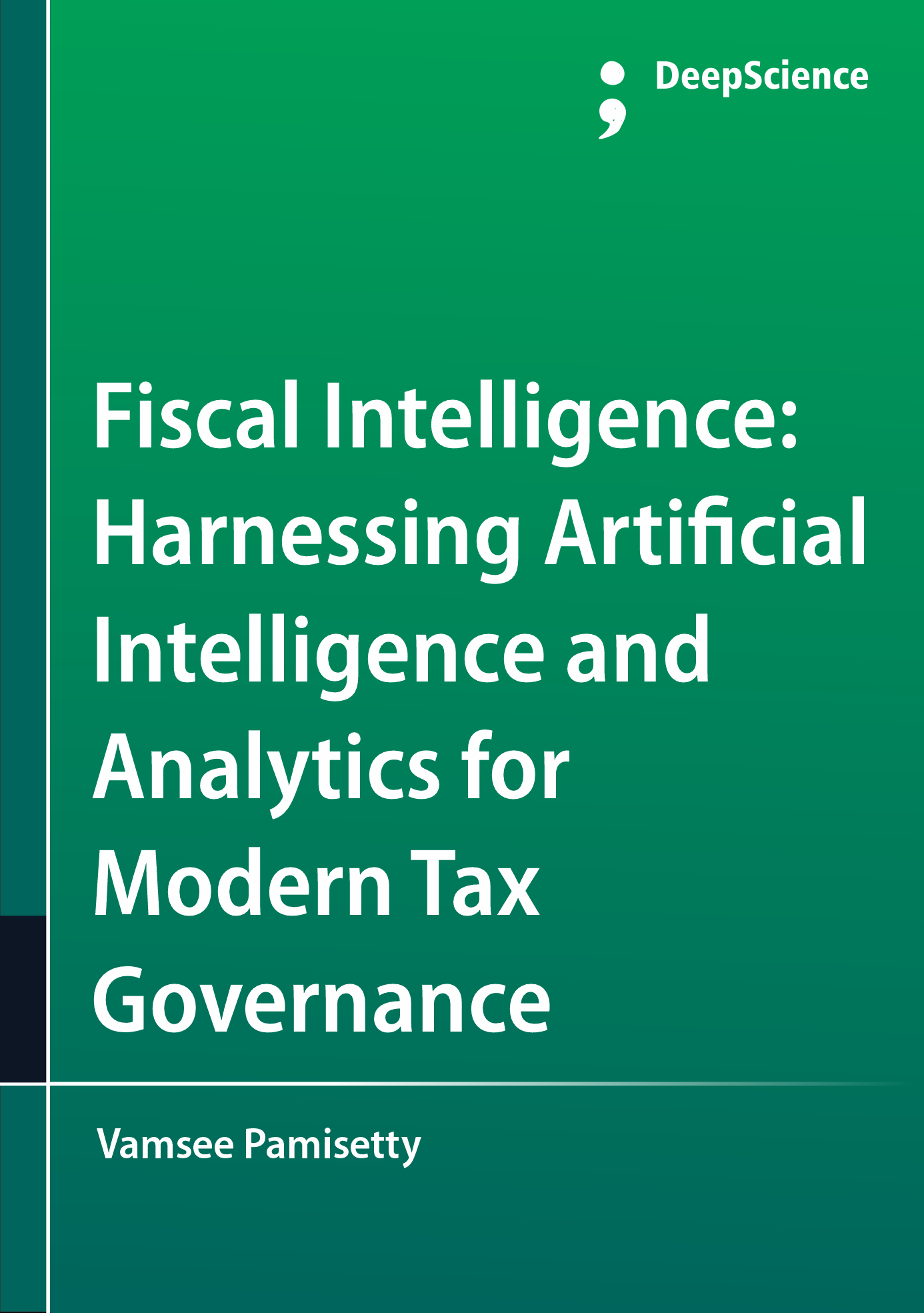Navigating the future of taxation and public finance in the age of artificial intelligence and analytics
Synopsis
The 21st century presents a unique set of challenges for policymakers. Among these are the consequences of globalization, rising public debt levels, demographic changes, poverty and inequality, climate change, and the discontent with the political class. These challenges are further complicated by the rapidly shifting technological landscape, which has made Artificial Intelligence (AI) and the use of analytics prominent areas of interest across all forms of private- and public-sector activity. Public finance and the study of taxation balance both theory and practice by examining how governments raise money to fund the activities that the market cannot. There is little doubt that governments will be faced with greater spending needs and limited abilities to raise revenue in the future. Thus, it is possible that some areas of taxation will be of increasing importance, such as value-added taxation, while corporate income tax revenues will be unable to contribute meaningfully to government coffers.
Understanding and expanding the understanding of the role of taxation is vital in navigating these challenges. Specifically, given the unique challenges posed by AI and analytics, this requires understanding how technology interacts with, and may contribute to, addressing the challenges to taxation and public finance of the 21st century. There has been considerable research and debate concerning the productivity allure of the digital economy, particularly the degree to which these emerging industries are relatively less productive than those in the industrial economy. Much of the attention has focused on whether the new industries are able to augment the productivity of the established industrial economy. Our focus, however, is not on the elusive relationship between taxation and productivity, or even the relationship between the allocation of resources in the economy and the level of productivity, but rather an analysis of how the revenue-raising functions of taxation may change in a world dominated by AI optimal allocation of tasks.













